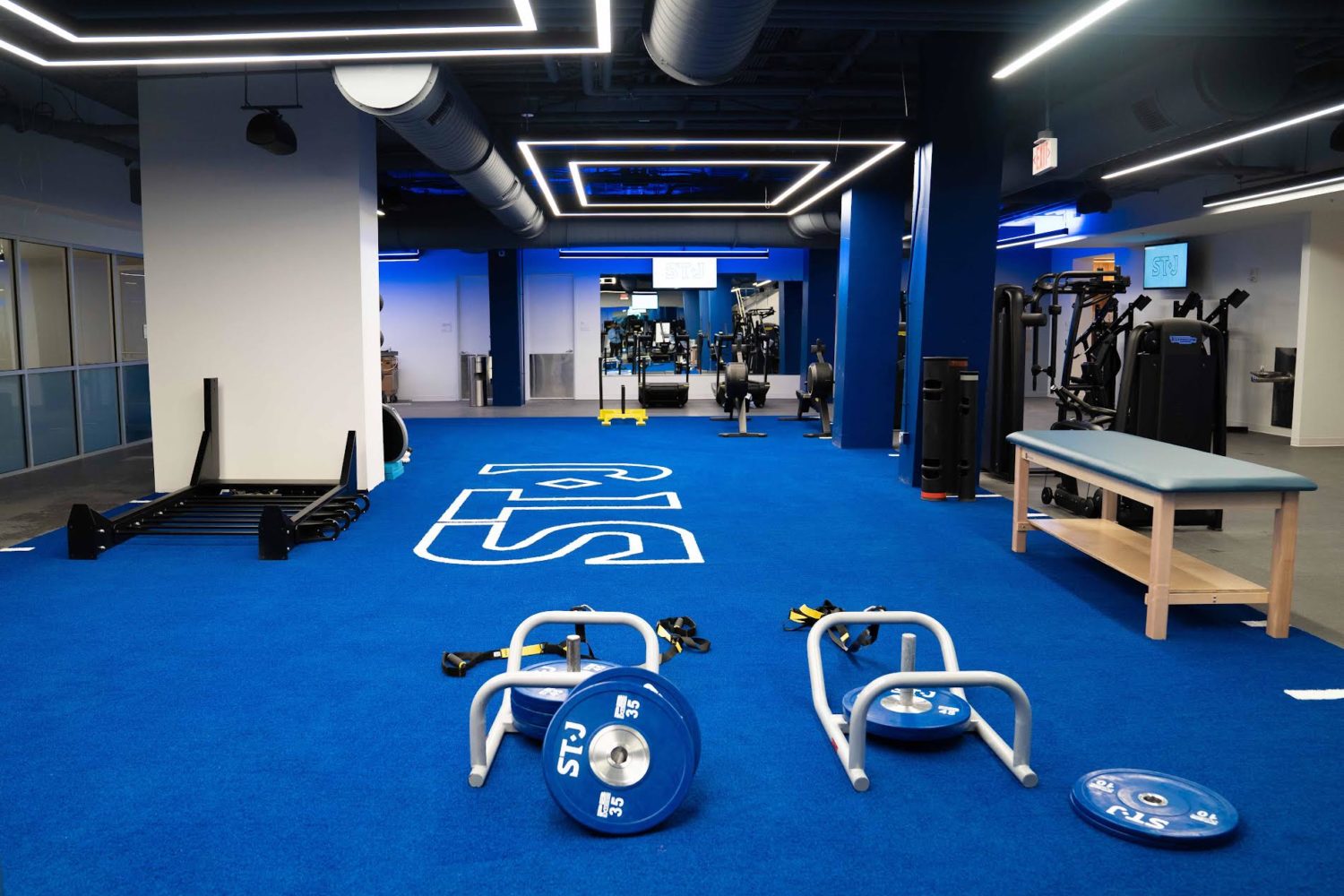Here is a closer look at three of the most established and widely used commercial hospital-rating organizations: HealthGrades, whose Web site got 13.6 million hits in July; Solucient, well known and respected in healthcare circles; and U.S. News, which publishes the most widely discussed hospital ratings.
While all three raters use the same data–Medicare Provider Analysis and Review mortality data–they use it in different ways to measure hospital quality and evaluate performance.
HealthGrades (www.healthgrades.com) is a publicly traded consulting firm headquartered in Golden, Colorado, that evaluates nearly all of the nation's 5,000 acute-care hospitals. Its ratings were first issued in 1999. Its Web site offers free hospital-ranking lists for consumers. More-comprehensive reports can be purchased for $9.95 for one, $2.95 each additional. Comprehensive reports are also available to more than 15 million people through private health plans.
You can also click on states to get HealthGrades' hospital-performance ratings for more than two dozen procedures such as coronary bypass surgery and prostate-cancer surgery, drawn from Medicare and Medicaid data. HealthGrades rates obstetrics and women's-health services at some US hospitals based on patient-discharge information from 17 states that report these data.
To rate hospitals, HealthGrades weighs patient volume and analyzes Medicare mortality data for specific procedures, comparing a hospital's performance with a national average. It grades each medical procedure with a one-star or "poor" rating, a three-star "as expected" rating, or a five-star "best" rating. According to HealthGrades, 15 percent of all US hospitals perform poorly, 70 percent perform as expected, and 15 percent are excellent.
HealthGrades has been criticized for its practice of charging hospitals to use its ratings in advertising and promotion. It does not allow hospitals to publicize their HealthGrades rating unless they enter a financial contract with the company.
One Washington-area hospital executive said after HealthGrades awarded his hospital a clinical-excellence rating, the company tried to persuade the hospital to pay HealthGrades $135,000 to promote the rating. The hospital refused.
When a hospital is given a low rating, HealthGrades also offers a consulting service, for a fee, to help the hospital improve its quality. HealthGrades officials deny any conflict of interest, saying the ratings operation is independent of the consulting side of the business.
Solucient (www.100tophospitals.com) is a healthcare-information company based in Evanston, Illinois, that publishes annual lists called "100 Top Hospitals: Benchmarks for Success." According to its mission statement, Solucient publishes assessments of healthcare-management teams that provide the highest-quality care while containing costs and performing well financially. This is done to provide benchmarks by which other hospitals may measure their own performance. Its findings are free online and are published in the healthcare trade magazine Modern Healthcare.
Solucient names the top 100 US hospitals overall and breaks them down into categories: major teaching hospitals, teaching hospitals, large community hospitals, and medium and small community hospitals. It also lists the top 100 hospitals in categories such as orthopedic, stroke, ICU, and cardiovascular performance as well as the 100 "most improved" hospitals. Solucient uses Medicare data and considers medical mortality as well as complications such as postoperative infections and hemorrhages. It also considers such statistics as how often a hospital uses internal mammary arteries for coronary bypass surgery, a procedure Solucient considers superior to standard bypass grafts taken from a patient's leg vein. And Solucient weighs such factors as a hospital's market share, financial growth, occupancy rate, average cost per case, cash flow and profit margins, average length of patient stay, and patient volumes.
"Organizationally, you have to be producing a high-quality product efficiently and reasonably priced and have people like it," says Solucient vice president Jean Chenoweth. Solucient contends that if all US acute-care hospitals were run like its top 100, hospital costs would be reduced by $6.2 billion a year, complications would be reduced by 66,506, and preventable deaths would decline by 66,342.
Solucient's consultants are hired by healthcare organizations and insurers to improve their operations. The company also sells publications, including detailed abstracts of its benchmark hospitals lists, available for $125 for a PDF file and $150 for a softbound copy. Solucient also sells a $2,500 study of five years of data on the organizational performance of individual hospitals.
U.S. News (www.usnews.com) each year ranks the best hospitals in 17 medical specialties, including pediatrics, most by weighing three major components. One is risk-adjusted patient-mortality rates gleaned from Medicare data. The second is an assessment of care-related factors such as whether a hospital has a trauma center, its medical technology, and its nursing staff. (U.S. News is the only hospital rater that includes nursing staff levels in its evaluations.) The third component is hospital reputation based on responses from about 3,000 questionnaires sent to leading medical specialists.
"We don't attempt to identify the best hospitals for specific or routine procedures," says Avery Comarow, the U.S. News editor in charge of the hospital survey. "Our mission is to identify leading departments at major hospitals for people with serious and complicated conditions. This is when high-quality expert care is most essential." Comarow says the opinions of leading specialists are needed for this and notes that U.S. News internal audits show physicians vote for many institutions other than their own.

















